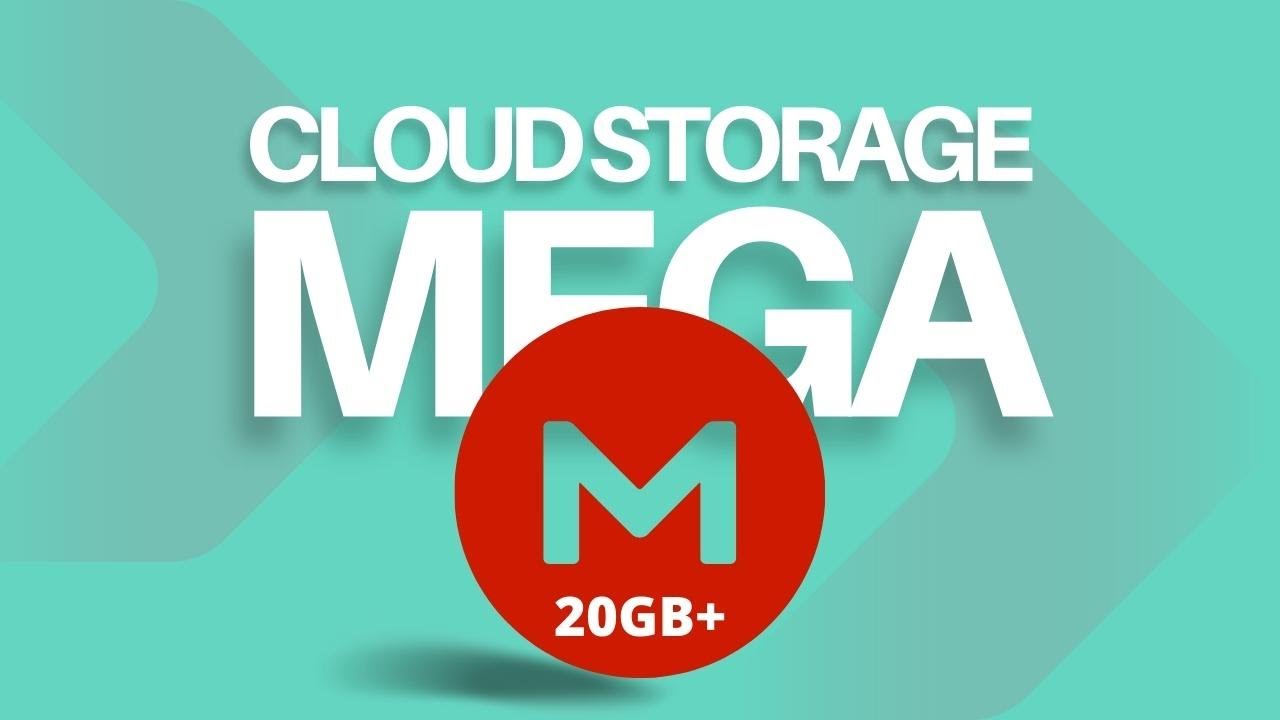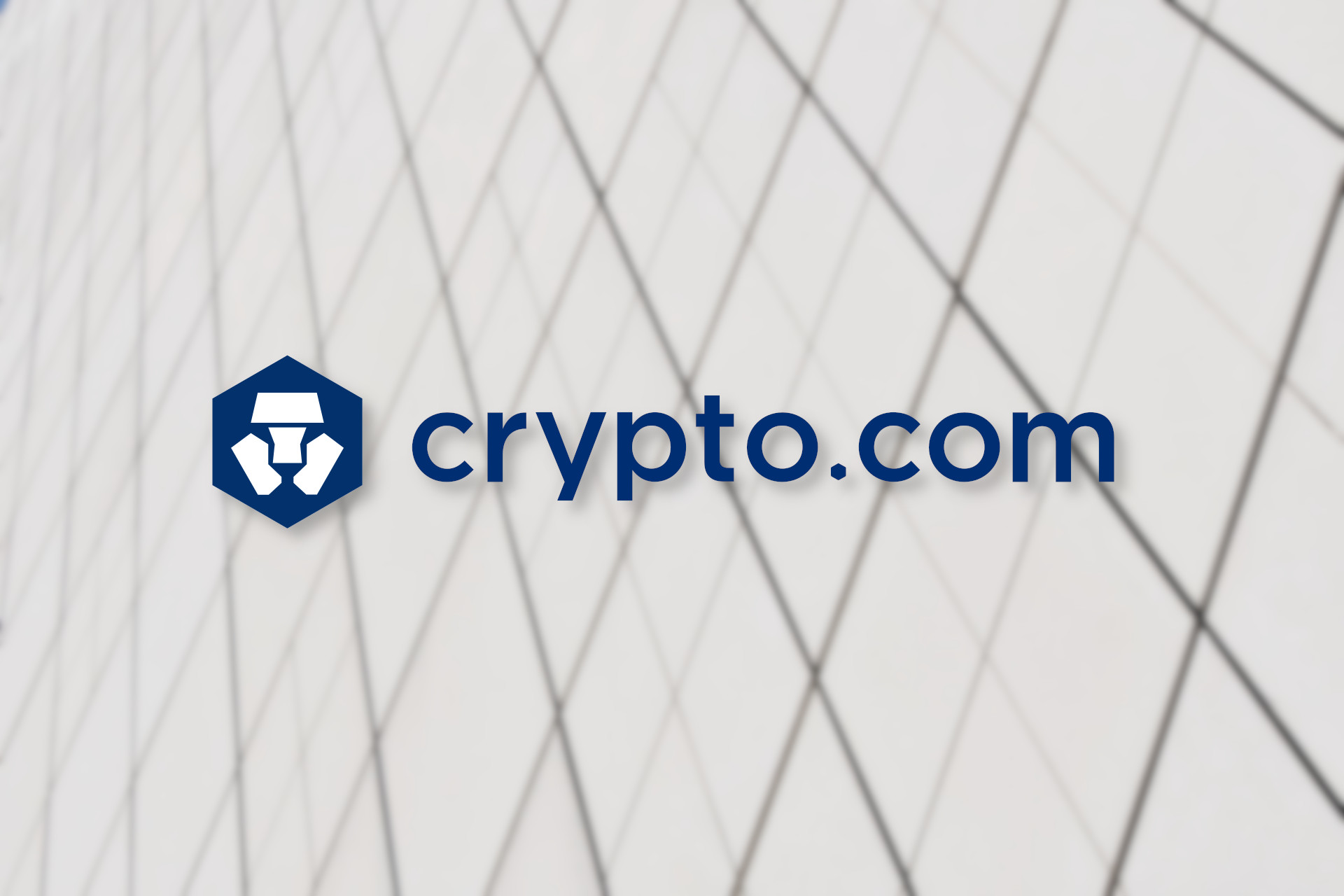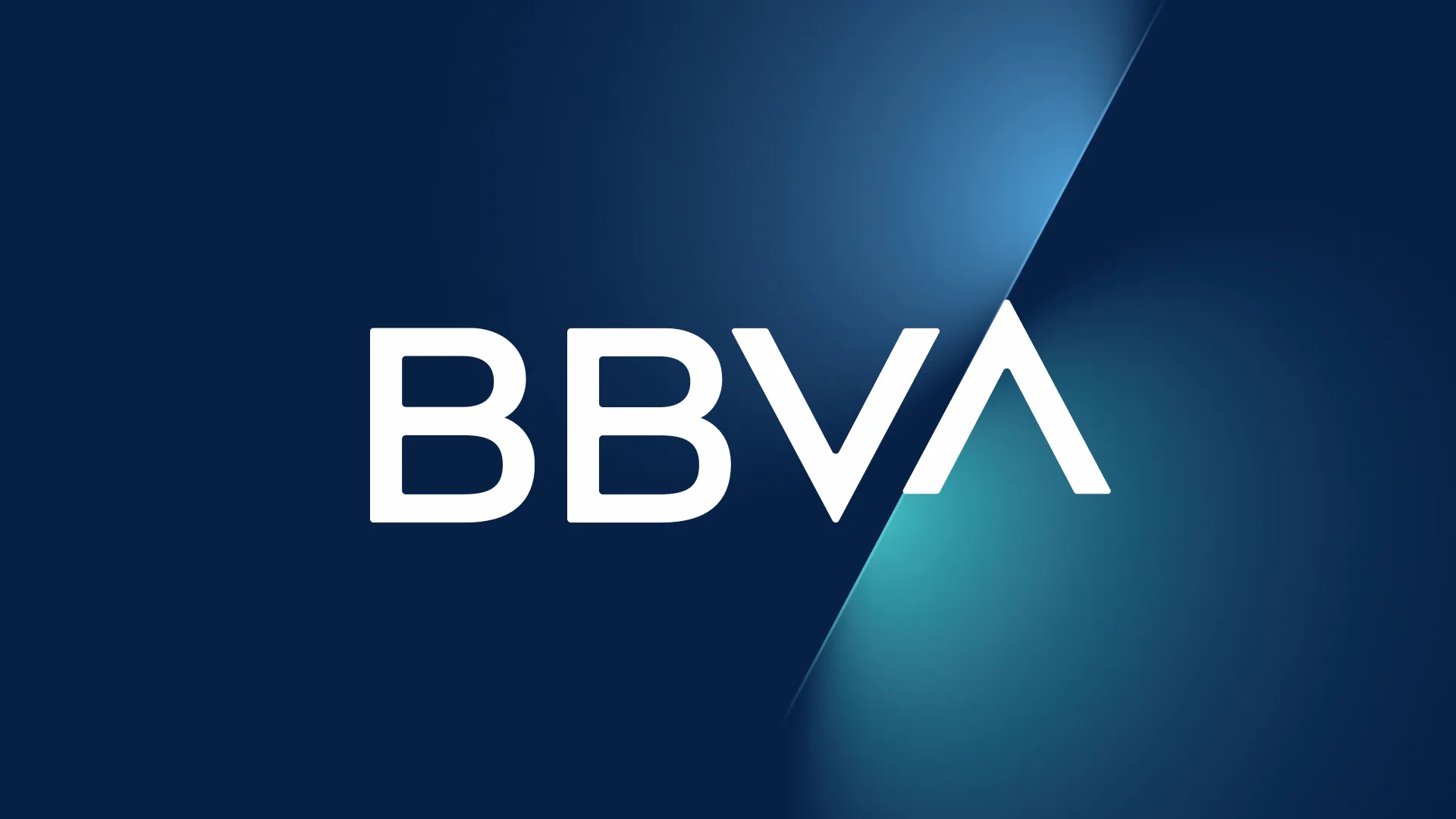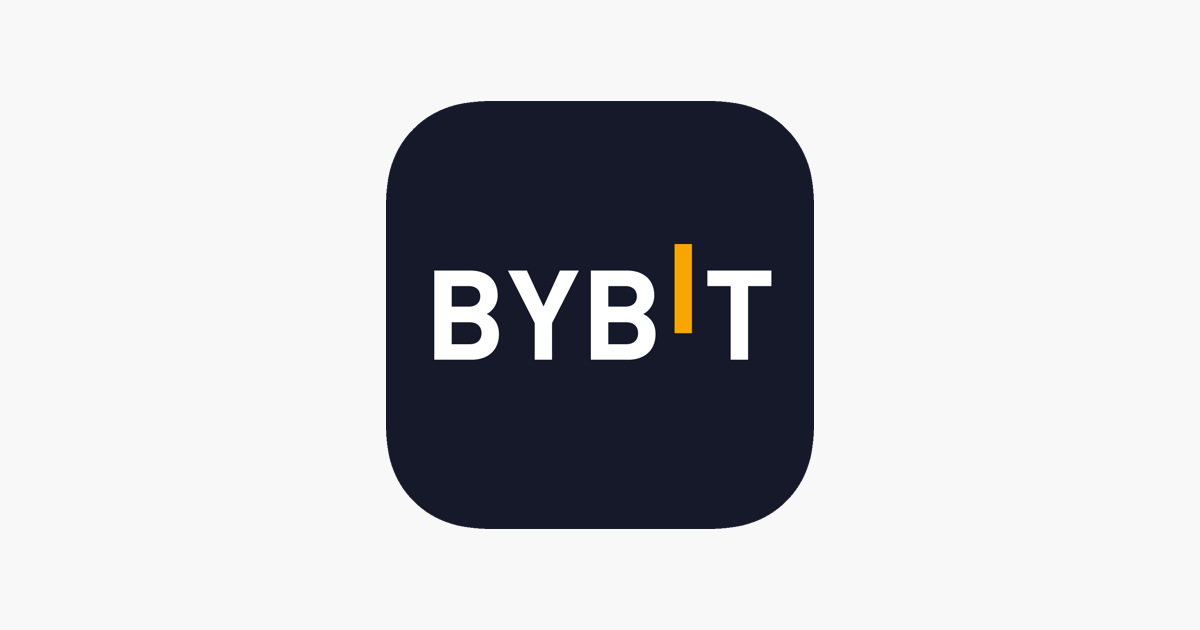The Dark Side of Decentralization: The Risks of Blockchain Ownership
As the decentralized nature of blockchains continues to revolutionize the way we think about digital ownership, it's essential to acknowledge the potential downsides. On one hand, users have complete control over their assets without relying on third-party entities or centralized authorities. This autonomy means that transactions cannot be halted or rejected by governing bodies, giving users the freedom to make decisions at their own pace.
On the other hand, this decentralization also brings a level of accountability with little external support. While community forums can provide some assistance, users are largely left to fend for themselves in case something goes awry. This raises concerns about the security and reliability of blockchain transactions.
The Consequences of Mistakes
One of the most significant risks associated with decentralized ownership is the potential for errors during transactions. With non-universal cryptocurrencies and unique cryptocurrency addresses, it's easy to misjudge a recipient's address or network, leading to lost funds. In many cases, recovering these assets is nearly impossible.
For instance, suppose you accidentally send your precious cryptocurrency to an incorrect address or network. Without a centralized authority to intervene, there's no clear path to retrieve your misplaced assets. The blockchain's decentralized nature means that once the transaction is confirmed, it's virtually irreversible.
The Unspoken Risks of Decentralized Ownership
While the benefits of decentralized ownership are undeniable, it's crucial to acknowledge the inherent risks involved. Without a centralized entity to provide support or arbitration in case of disputes, users must be prepared to take full responsibility for their transactions.
In this era of blockchain adoption, it's essential to strike a balance between decentralization and accountability. As we continue to navigate the complexities of digital ownership, it's vital that we prioritize user education and develop more robust solutions for mitigating these risks.
Conclusion
The decentralized nature of blockchains is both a blessing and a curse. While it offers unparalleled control over assets, it also brings increased responsibility and accountability. As users, we must be aware of the potential pitfalls associated with decentralized ownership, such as transaction errors and irreversible mistakes.
By acknowledging these risks and taking proactive measures to minimize them, we can ensure a safer and more secure future for digital ownership.







